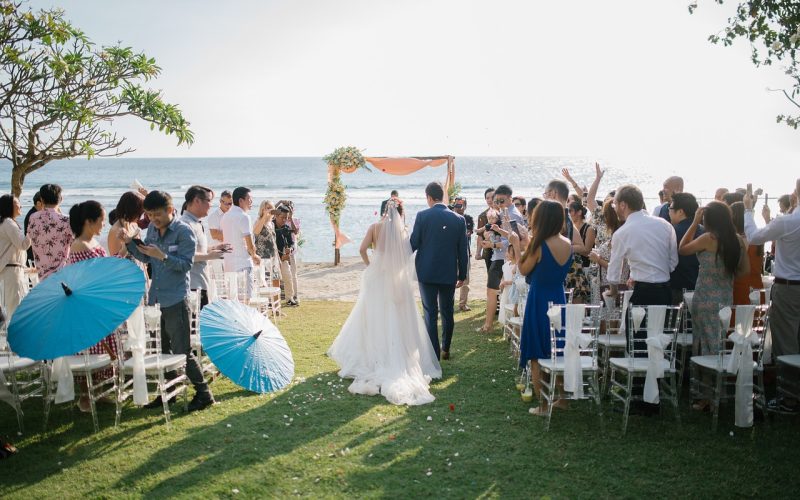Weddings are often described as one of the most memorable days in a person’s life, yet they come with a hefty price tag. Understanding why weddings are so expensive can help couples plan more effectively and avoid financial strain.
Venue and catering costs
The venue is often the first and most significant expense when planning a wedding. The cost can vary greatly depending on location, size, and reputation. Venues in popular areas or those with historical significance can charge a premium simply due to demand. Additionally, many venues require couples to use their in-house catering services or preferred vendors, which can further inflate costs. Catering itself is another major expense, with most venues charging per head, which can quickly add up as guest lists grow.
The pressure of social expectations
Social media has amplified expectations around weddings, with images of lavish ceremonies sparking inspiration—and sometimes pressure—on couples to replicate such grandeur. The 'Pinterest Effect' often leads to increased spending as couples strive to create picture-perfect moments. From designer dresses to elaborate floral arrangements, keeping up with these expectations can substantially increase costs. Many couples feel compelled to spend more on aesthetics to ensure their wedding is Instagram-worthy.
Wedding industry mark-ups
The 'wedding' label often comes with an inflated price tag. Vendors in this industry have a reputation for charging more for services and products simply because they are wedding-related. This is partly due to the personalisation and level of detail involved in wedding planning, which requires more time and effort from vendors. Additionally, the emotional significance and once-in-a-lifetime nature of weddings often lead couples to be less price-sensitive, allowing vendors to justify higher prices.
The importance of personalisation
Modern weddings increasingly focus on personalisation, with couples wanting their day to reflect their unique personalities and relationship. Customisation can drive costs up significantly, as bespoke elements often require more time and craftsmanship. Whether it’s custom invitations, personalised vows, or unique décor, these tailored touches add a special element to the day but often come at a premium price.
The role of wedding planners
Hiring a wedding planner is a common choice for couples seeking a stress-free planning experience. However, this convenience also adds to the overall cost. Wedding planners bring valuable expertise and vendor connections, often securing better rates or deals. Yet, their fees can range from a flat rate to a percentage of the total wedding cost, thereby impacting the budget. Despite the additional expense, many couples find the investment worthwhile for the peace of mind and professional execution of their vision.
Legal and miscellaneous expenses
In addition to the obvious expenses, weddings involve several legal and miscellaneous costs that can catch couples off guard. Marriage licences, officiant fees, and insurance are necessary expenditures that add up quickly. Additionally, there are often unforeseen costs, such as gratuities for vendors or transportation logistics, that can impact the overall budget. Being aware of these potential expenses early in the planning process is crucial for managing costs and avoiding unpleasant surprises.
Weddings are expensive due to a combination of factors, including venue and catering costs, social expectations, industry mark-ups, personalisation, and the inclusion of wedding planners, along with legal and miscellaneous expenses. While it might seem daunting, understanding these elements can empower couples to make informed decisions and prioritise their spending. By setting realistic budgets and being strategic about where to splurge and where to save, couples can create a memorable day that doesn’t break the bank.




















